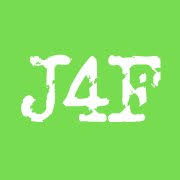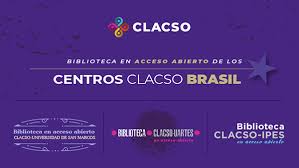ADDRESSING RURAL POVERTY AND FOOD INSECURITY THROUGH LOCAL FOOD PURCHASING AND SCHOOL LUNCH PROGRAMS: PAA AFRICA, PRONAE AND THE CREATION OF INSTITUTIONAL MARKETS IN MOZAMBIQUE (Abordando a pobreza no meio rural e a insegurança alimentar através da ...)
DOI:
https://doi.org/10.47946/rnera.v0i26.3570Keywords:
Mozambique, Brazil, PAA Africa, food security, rural development.Abstract
In Brazil, the Food Acquisition Program (PAA), implemented in 2003 under the administration of the former president Lula, is a two-pronged public policy which creates rural employment while reducing food insecurity among vulnerable segments of the Brazilian population. Since 2012, small-scale pilot projects inspired by PAA have been implemented in five African countries, including Mozambique, under the PAA Africa initiative with the support of the Brazilian government. Based on interviews and fieldwork conducted in Mozambique, this article examines the PAA pilot project in Tete province - implemented by the Food and Agricultural Organization of the United Nations (FAO) and the World Food Program (WFP). The program's implementation process, its relationship to the PRONAE (school lunch) pilot projects, as well as its main achievements, benefits and challenges are highlighted. The author holds that the creation of institutional markets in Mozambique through local food-purchasing and school-feeding programs, like the PAA and PRONAE, promotes an endogenous and sustainable form of rural development that has considerable potential to reduce rural poverty and food insecurity in a far-reaching manner in the long term. Considerations for the future of the PAA are also discussed.
Downloads
Downloads
How to Cite
Issue
Section
License
Os artigos publicados na Revista NERA devem seguir, obrigatoriamente, as diretrizes sobre ética e integridade na prática científica do Conselho Nacional de Desenvolvimento Científico e Tecnológico (CNPQ), disponíveis em seu sitio na internet (http://memoria.cnpq.br/normas/lei_po_085_11.htm). Em caso de infração às referidas diretrizes por qualquer texto publicado, o artigo será formalmente retirado de publicação, conforme a prática da comunidade científica internacional. A submissão de qualquer texto à Revista NERA implica na aceitação plena deste procedimento. As ideias e conceitos emitidos nos artigos são de inteira responsabilidade dos autores. Reforçamos que após a publicação do artigo o mesmo não será despublicado caso haja solicitação por parte dos(as) autores(as).
Lembramos que todos os manuscritos submetidos à Revista NERA são vereficados no software de similaridade "iThenticate". Os manuscritos com plágio verificado são automaticamente negados e os(as) autores(as) comunicados.
A licença utilizada pela Revista NERA é Creative Commons - Atribuição 4.0 Internacional (CCBY 4.0).
A política de arquivamento é a Licença LOCKSS.


















